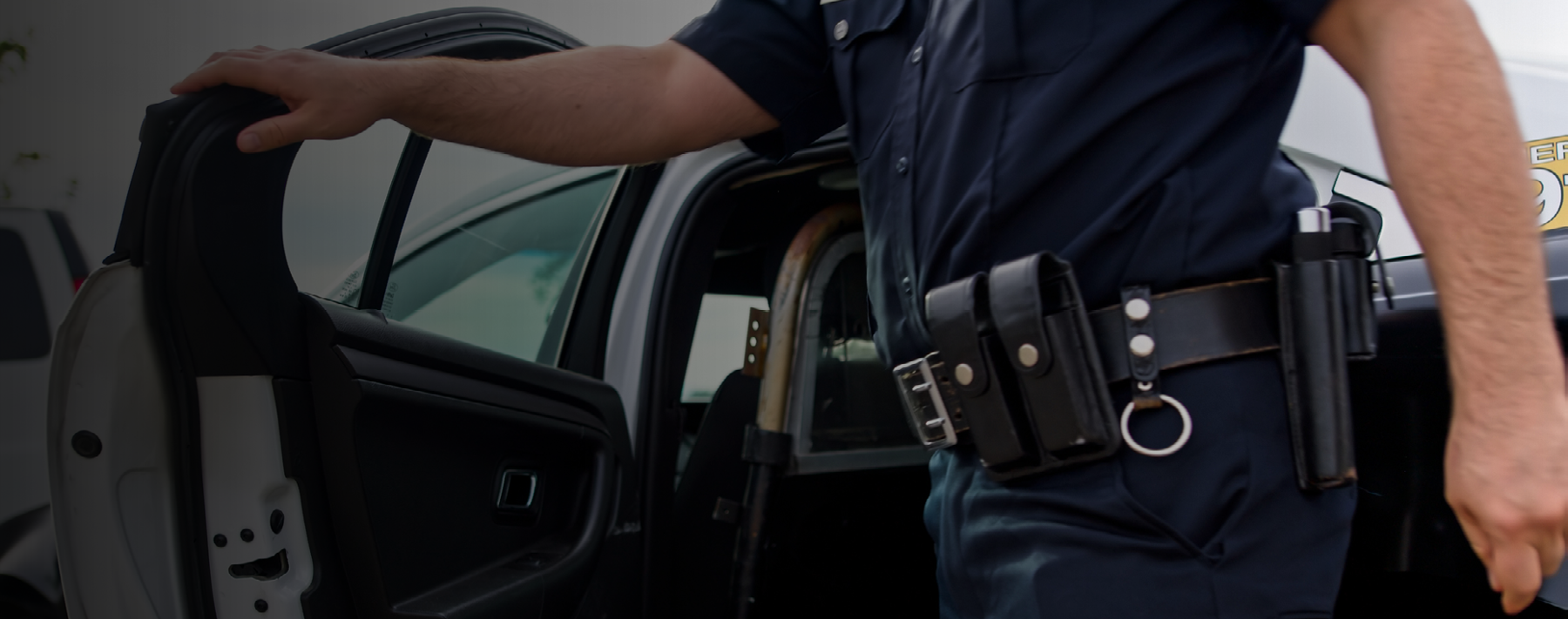United States v. Wise, (5th Cir. 2017)
Morris Wise was a passenger on a Greyhound bus bound for Chicago from Houston. At a regular stop, interdiction officers boarded the bus and the bus driver consented to a search of the passenger compartment. One of the interdiction officers walked to the back of the bus, passing Wise (who was pretending to sleep, though his eyelids were tightly clenched shut).
On the return pass, the officer asked Wise for his ticket and Wise produced a ticket for “James Smith.” The interdiction officer thought the “very generic name” could be fake. There were two bags sitting in the rack above Wise’s head and, when asked, Wise grabbed one and opened it for the officer. He denied that the other bag was his.
The officer took that bag and loudly asked other passengers if the bag belonged to any of them. No one claimed the bag and the driver said he did not want an unclaimed bag on the bus. So, officers took the bag off the bus, cut the lock and found seven bricks of cocaine inside. An officer then asked—but did not demand—Wise to step off the bus and chat. When asked to empty his pockets, Wise displayed identification in his name (Morris Wise, not James Smith) and a key to the lock that was cut from the backpack. Officers then arrested Wise.
The trial court suppressed the cocaine evidence, ruling that the officers conducted a drug enforcement checkpoint in violation of City of Indianapolis v. Edmond (531 U.S. 32 (2000)). The court of appeals, however, held that the interdiction effort was clearly not a roadblock. The officers used the bus company schedule to time their activities, but they didn’t stop the bus. The driver stopped at a regular stop because the company required it. The passengers were free to get off the bus, or stay on, and they did not have to talk to the officers. Unlike a roadblock, no one was required to speak to the officers or answer questions.
Wise also argued that he was detained without reasonable suspicion. Wise stated he felt he couldn’t get off the bus or decline to talk to the officers because there were several officers around the bus and a marked police car with a drug detector dog nearby, and because the officers didn’t tell Wise that he could refuse to speak with them. However, the court observed:
• The officer gave the bus passengers no reason to believe they were required to answer the questions.
• The officers didn’t draw or display weapons or make any intimidating movements.
• The officers didn’t block the aisle.
• The officer first spoke to Wise individually, in a friendly, conversational tone.
• No officer suggested to Wise that he couldn’t leave the bus or simply end the conversation.
In other words, the officers were professional and knew to “talk nice, think mean.” The officers carefully avoided coercive commands and actions that could reasonably viewed as creating custody, and that made the difference between possible evidence suppression and the successful conviction.



